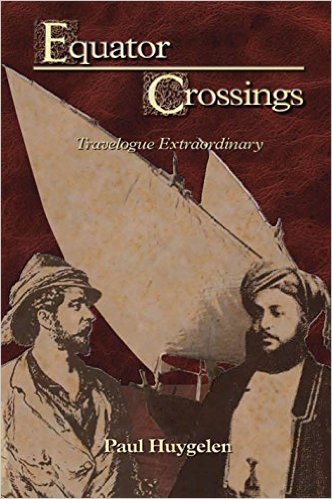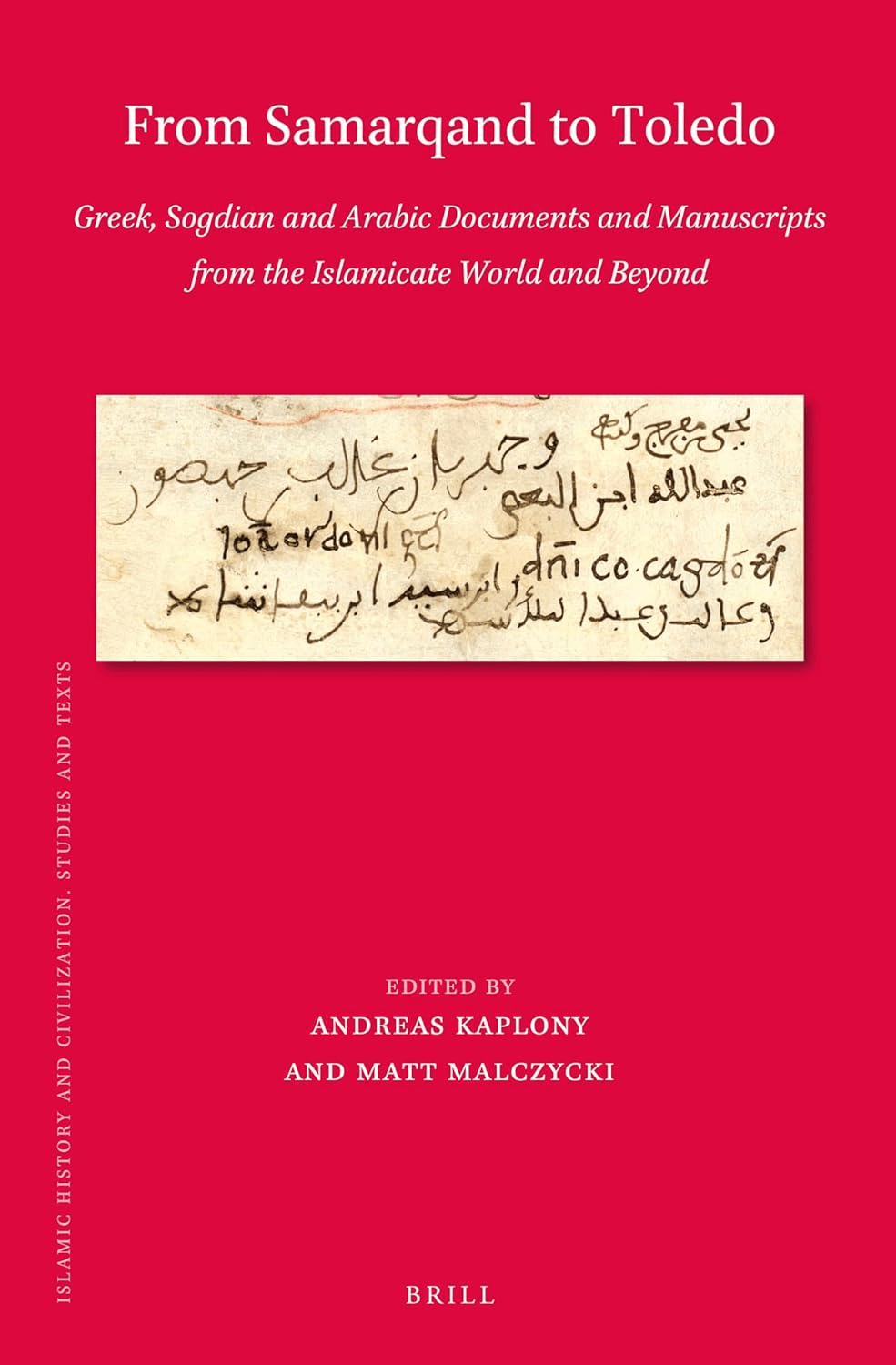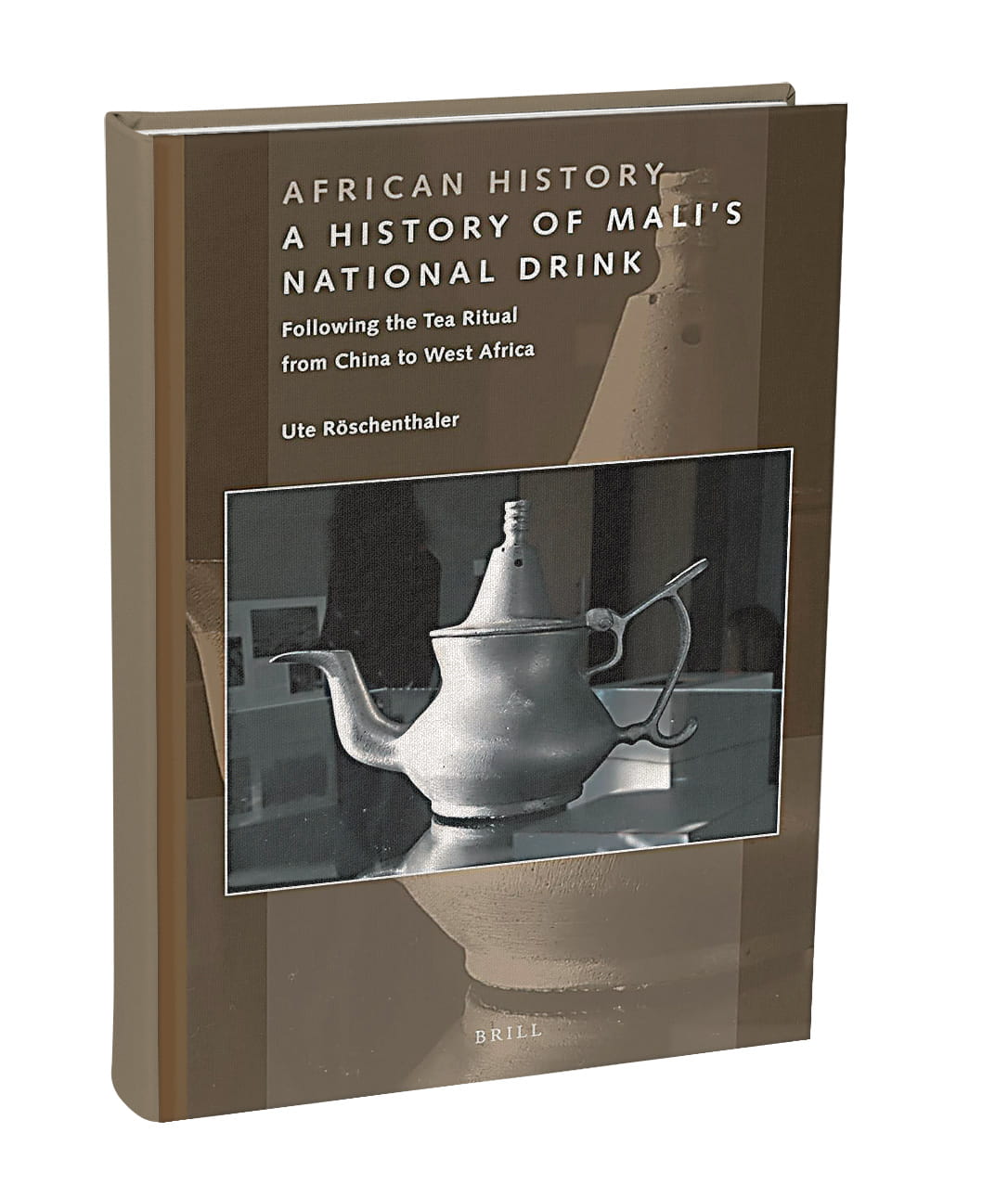
Equator Crossings: Travelogue Extraordinary
Robert W. Lebling
Paul Huygelen
2008, Motivate, 978-1-86063-250-1, $49.95 hb.
This novel is the author’s way of “covering in one swoop” the wealth of material he absorbed in dealing with the European explorers of Central Africa, particularly Henry Morton Stanley and the man he tracked down there in 1871, Dr. David Livingstone. Huygelen takes a fresh approach to his subject, highlighting the key role played by the Omani Arabs—who ruled the island of Zanzibar and its mainland dependencies—in paving the way for the exploration of Central Africa. Huygelen’s Stanley evolves from a wide-eyed journalist seeking out Livingstone to a grimly determined explorer leading an expedition to fulfill Livingstone’s dream of locating the source of the Nile. That mission, focused on the Lualaba River, brought Stanley and his team to the mouth of the Congo and the Atlantic after 999 days, proving the Lualaba was not the source of the Nile. He returned to the Congo on behalf of Belgian King Leopold II, setting up stations along the river to facilitate development of the interior. He led an expedition up the Congo to rescue the governor of Sudanese Equatoriana. Amid a tangle of European colonial intrigues, Stanley stayed loyal to his Zanzibari connections, particularly to Princess Fathiyea, sister of Sultan Bargash, who lent him support for his adventures.
You may also be interested in...

Old Documents Shed New Light on History in Book Connected to Ancient Islamic World
The painstaking work to recover history—one page at a time—is on brilliant display in this collection of essays focusing on early Arabic, Coptic, Greek, Hebrew, Latin and Sogdian manuscripts.
Green Tea in Mali: Culture Pours From Global Trade
In 2005, while attending a tea ceremony in Bamako, the capital of Mali, where serving tea punctuates daily life across courtyards, offices and roadside stalls, anthropologist Ute Röschenthaler realized that green tea had become more than a national drink.